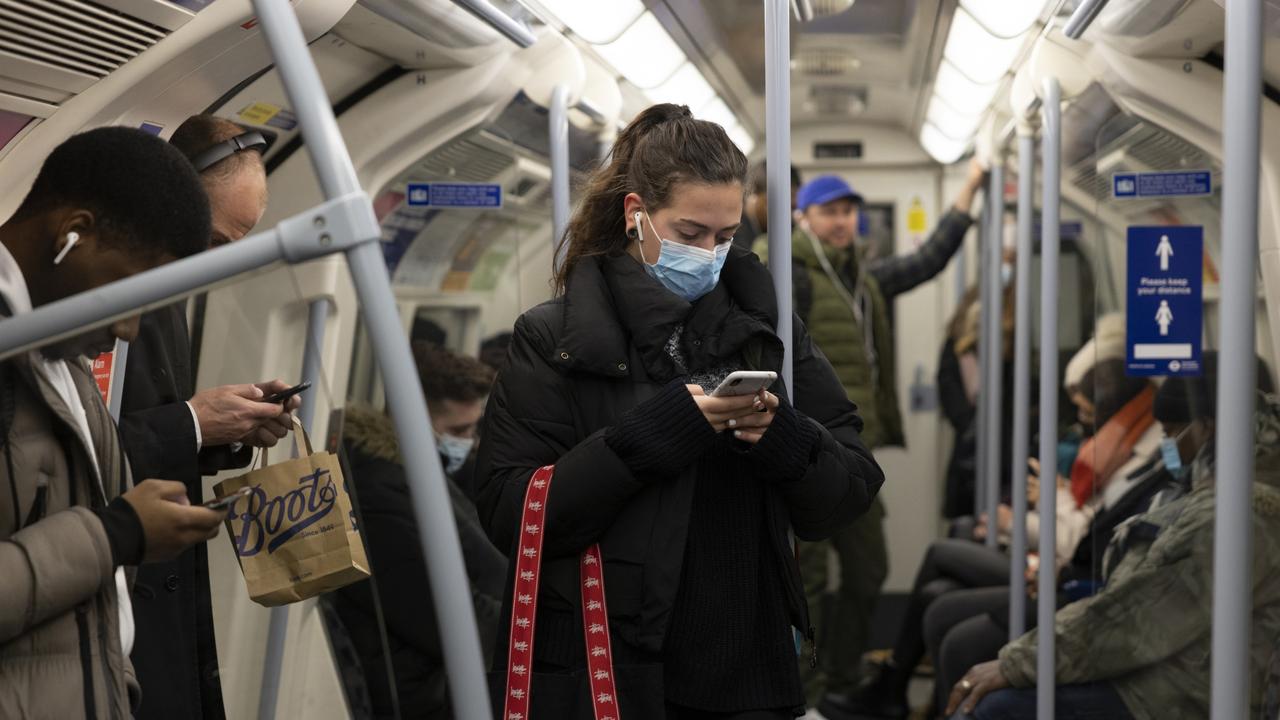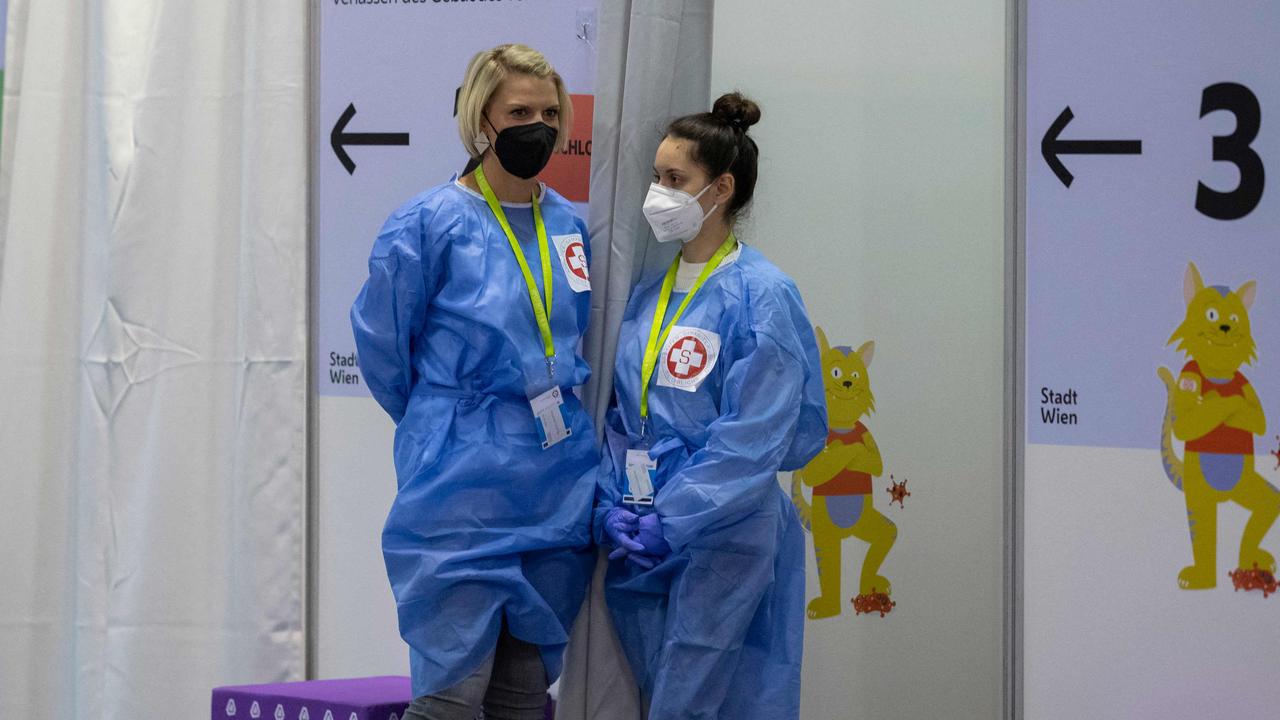Vaccine mandates spread across Europe and beyond as Covid surge wreaks havoc
One nation’s extreme Covid rule stunned the world recently – but now, more and more countries are following suit as the virus threat soars.

When Austria became the first European country to make Covid vaccines compulsory, the “drastic” rule left many citizens stunned.
But in the weeks since the bombshell announcement was made, more and more nations have introduced similar measures – or dropped major clues that the controversial rule was on the cards.
And with Europe now in the grip of yet another crushing Covid wave amid stagnating vaccination rates, and the new Omicron variant wreaking fresh havoc globally, it seems likely the vaccine mandate trend will be here to stay.
Europe in crisis
Austrian Chancellor Alexander Schallenberg recently told CNN he felt he had no choice but to announce the divisive rule – which will come into effect in February next year – in order to save lives and the healthcare system.
Under the measure, those who remain unvaccinated after February could face hefty fines of €7200 ($A11,385).
“I would have preferred to go another way. But if one year in [from] having the vaccine, of having national campaigns, of having media explaining again and again what this is about, that we have such a high degree of insecurity, of people believing in fake news … we have a necessity to take this drastic step,” Mr Schallenberg said.

The announcement has sparked waves of bitter protests across the nation – but Mr Schallenberg is sticking to his guns, with other European leaders likely to follow suit.
Germany’s Tourism Minister Thomas Bareiss late last month said “sooner or later a compulsory vaccination is unavoidable”, insisting it was “no longer justifiable” to leave business owners in a “state of crisis” while citizens refused the jab.
Greek Prime Minister Kyriakos Mitsotakis announced this week that Covid-19 vaccinations would be compulsory for over-60s, with the unvaccinated also barred from venues like gyms and cinemas.
Similar rules are being rolled out in the Czech Republic, with Italy and France also introducing strict measures effectively pushing the population towards vaccination, including requiring proof of vaccination, a negative test or recent recovery from the virus before entry into venues.

Vaccinations are also mandatory for health workers in those nations as well as the UK and other countries in Europe, with mandates for certain parts of the population also present in Israel, China, the US and Brazil.
South Africa, which has emerged as the Omicron epicentre, is also considering making jabs compulsory for workers, with Kenya also cracking down on the unvaccinated last month.
Australia’s tough rules
Australia is also no stranger to the vaccine mandate trend.
While vaccines are not mandatory nationwide, the unvaccinated continue to face strict curbs on their freedoms as the nation moves towards its high vaccination target.
There have also been mandates imposed for certain industries, with Queensland announcing yesterday that all staff and volunteers in schools and early childhood centres would need to be vaccinated within weeks.
Similar rules are also in place for certain industries in other states and territories, and the Federal Government has also made Covid jabs compulsory for all residential aged care workers across the nation.
While the rules have sparked waves of protests across the country, Australia now has one of the highest vaccination rates on the planet, with a whopping 86.7 per cent of people over the age of 16 fully vaccinated, as of November 28.

Mandates a ‘bigger trend’
In a recent interview with CNN, Thomas Hale, who works on the Blavatnik School of Government at Oxford’s Covid-19 Government Response Tracker, said while Austria’s vaccination stance has been extreme, it was proof of a growing movement as nations scramble to contain the spread.
But do mandates actually work?
“Austria’s a very dramatic example. But it’s very much part of a bigger trend,” Mr Hale told CNN.
“I think they [mandates] do work. I think they especially motivate people who are not vaccine adverse, but who are kind of vaccine lazy, a little bit hesitant. And in some countries, that’s a big chunk of the population.
“But if you’re facing people who are really against vaccination, then it’s not as clear to me that those measures will remove that barrier.”






